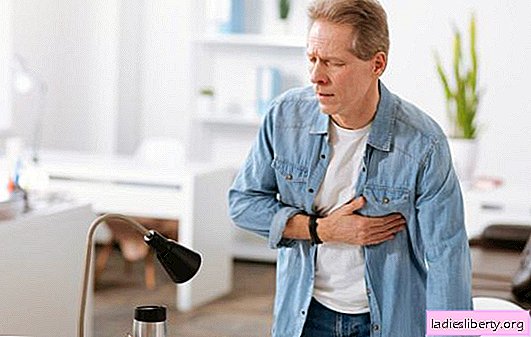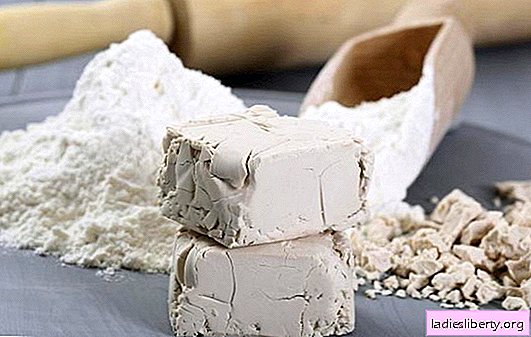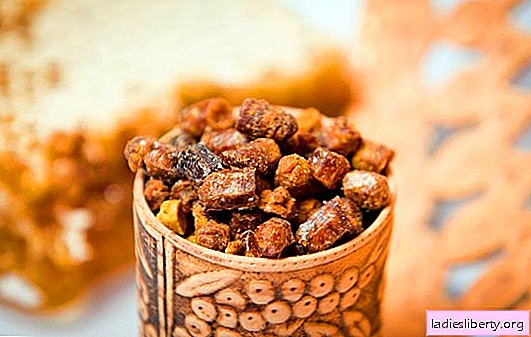
Holiday Heart Syndrome is a common consequence of excessive drinking. The reason lies not only in alcohol, but also in leisure: anxiety, stress, lack of sleep or excessive caffeine consumption. Syndrome can be avoided by following simple tips.
Typical symptoms
Festive heart syndrome is not an independent disease, but a form of atrial fibrillation. Atrial fibrillation is a sudden increase in heart rate from 100 to 160 beats per minute, which is accompanied by:
- shortness of breath
- sweating
- malaise
- inner anxiety
- fear of death
- pressure and tightness in the chest or heart area
- dizziness
Atrial fibrillation in itself is not life threatening, but long-term effects occur in most patients.
Frequent or chronic atrial fibrillation (for example, within a few weeks) can lead to myocardial insufficiency. Atrial insufficiency increases the likelihood of blood clots entering the bloodstream, clogged arteries (embolism), and stroke or heart attack.
Often, symptoms become noticeable only at rest - during sleep, rest, or early in the morning. However, in some people, they can also occur during or after physical activity. Doctors detect festive heart syndrome using electrocardiography.
The first major study on arrhythmias and alcohol was conducted in Munich at the October Festival in 2016. Scientists have studied completely healthy people after drinking alcohol.
The most common arrhythmia was sinus tachycardia (26%), and atrial fibrillation was observed in only 1% of participants. When all arrhythmias were considered together, an increase in blood alcohol concentration was associated with an increase in the frequency of arrhythmias.
Why does festive heart syndrome occur?
If atrial fibrillation is caused by stress, overeating and excessive consumption of ethyl alcohol, this is called "festive heart syndrome."
It is not only about alcohol consumption, but also about the concomitant factors of nightlife: lack of sleep, stress and anxiety.
The definition of the syndrome has recently been expanded: it is not only about long parties, but also about a busy life.
Pathology primarily affects young, healthy people who need to balance their studies, internships, additional jobs, friendships and partnerships.
Coffee and tea do not adversely affect atrial fibrillation.
Holiday Heart Syndrome Prevention
People, avoiding overweight, stress, cigarettes, taurine and alcohol, can minimize the risk of developing festive heart syndrome. Doctors advise regular exercise and a healthy diet. A person should - especially in the summer - drink plenty of water and unsweetened tea to avoid circulatory disorders.
Foods high in fat and low in fiber leads to festive heart syndrome. Especially the interaction of sunlight and the consumption of alcoholic drinks and energy drinks greatly strains the heart. During the celebration, avoid drinking coffee or unsweetened tea in addition to alcohol.
Blood thinners able to stabilize the affected heart. Acetylsalicylic acid is used in the long term to reduce the risk of stroke and heart attack. However, due to side effects, aspirin should not be drunk immediately after a feast.
The chances of success after surgery in patients with atrial fibrillation are on average 60-80%. Therefore, all patients are recommended to undergo surgery.
When does festive heart syndrome go?
Heart rate normalizes within 48 hours; up to 7 days maximum.
People with structurally healthy hearts suffer from festive heart syndrome. In most cases, spontaneous conversion to a sinus rhythm is observed.
However, in some cases, atrial fibrillation is fatal. Especially people with existing heart conditions should be careful when drinking alcohol.











